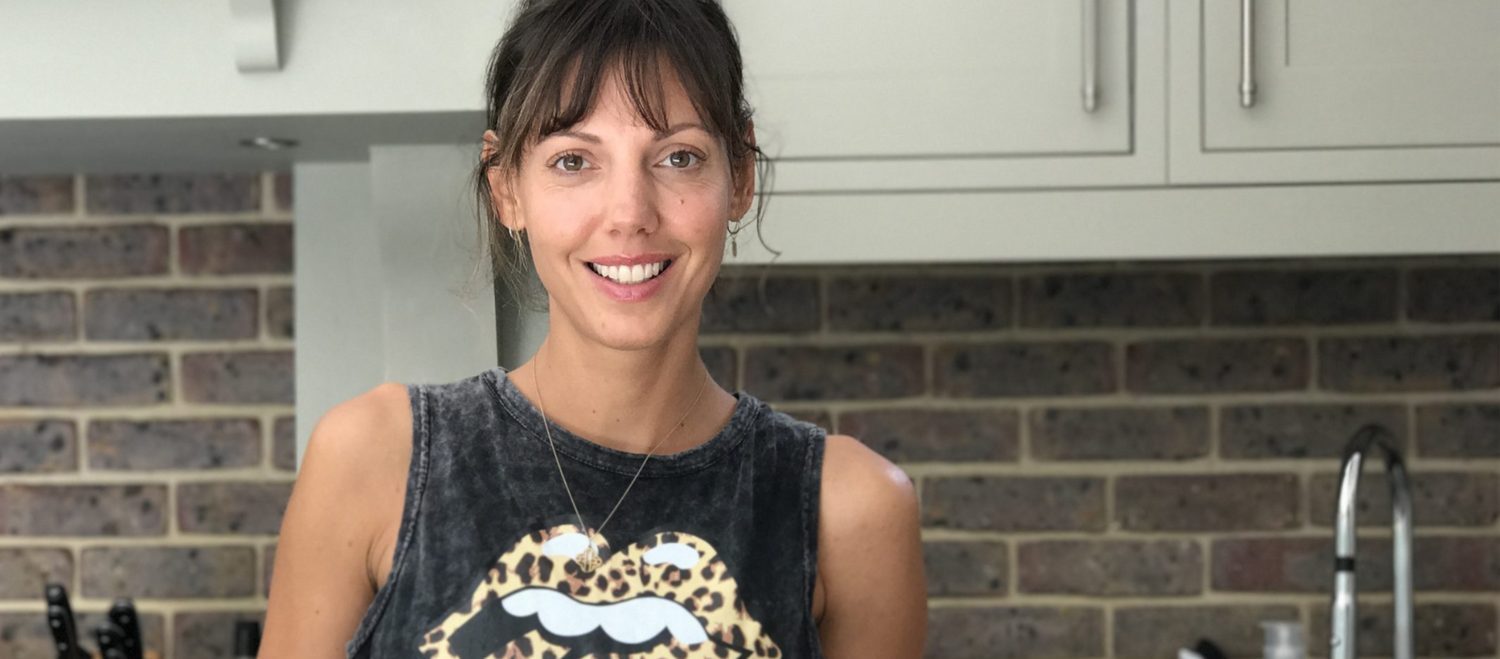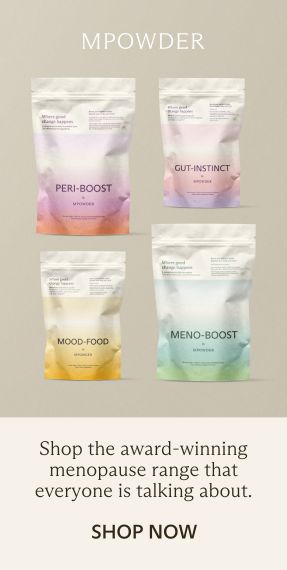First, tell us a little bit about your own menopause journey and how Menopause & Cancer came to life. What motivated you to create it? What moments, life experiences and perspectives got you to ‘here’? What principles drive its evolution?
My menopause happened on a cold day in February back in 2019. As I went down to theatre I knew that a couple of hours later I would never quite be the same again. Surgical menopause is no mean feat. But it was the realisation that 100’s of thousand of women were in a similar situation to me. Women from all over the world were telling me that they felt they had no options, that no-one in their medical team supported them in how to manage menopause after cancer. Some women even told me that managing menopause after cancer was harder than chemo-therapy, radio-therapy and surgery altogether. That’s when I knew I had to do something about it.
How do you define success for what you do and also yourself individually?
Success personally means trying and worrying less about failing. Success on a professional level means having data that shows the impact of our work. It is fantastic to wake up to messages from women who are telling us how valuable they find our work. As a data driven organisation however, we want to measure our impact on a larger scale. That’s when we see the change we need to create.
Has your definition of success changed over time as an individual?
Oh yes, many years ago I wanted more instagram followers. At one point a successful day meant getting through it without panicking about a cancer recurrence and that stopping me in my tracks. Success means staying open minded. That way I can serve myself the best for whoever I am at that particular point in my life.
Your community is dedicated to exploring menopause through the lens of cancer. What conversations do you find your members wanting to have? What bothers them most? What are they looking for?
When it comes down to understanding what our community need it always comes back to the same three facts: initially it is the lack of preparation, then the lack of acknowledgment and then the lack of support. So conversations circle around those three areas. Most of the time women want options that allow them to address their symptoms and look after their future health.
What are your aspirations personally and in the work you do over the next 24 months?
Collaboration is a key component of everything we do. We are collaborating with other charities, brands and the NHS England to create a global conversation in which we bring together experts and our community.
What do you wish your younger self had known about:
Life - it’s a rollercoaster
Love - it’s the only thing that matters in the end
Health - it’s never a given
Work - it’s addictive
Ageing - it’s a privilege
What would be your key advice to women transitioning through menopause following cancer today?
- Talk about it and share your experiences.
- Listen to the menopause and cancer podcast where you will find conversations about everything.
- Don’t stop asking for support until you get what you deserve.
What practical steps could they take to better support their bodies and minds?
Fill in a symptom checker and get to know your top 3 most stubborn symptoms. It’s having that cup of tea with yourself, that checking in with yourself matters! Then do your research. Do you need to see a doctor or research a supplement. Once you know what exactly it is you want addressing, you can be specific. Consider counselling, hypnotherapy, therapy. You and your body have been through much trauma. Healing needs to happen on a physical and emotional level.
Is there anything else you’d like to share with the MPowder community about our second spring?
When menopause happens as a result of cancer treatment it rarely feels as if we can position it as a second spring. Some women will not be able to become biological mothers, others will become menopausal 20 years prior to their peers. But, saying that, we can find our power and step into our ‘self’ in a way that many others don’t. A cancer diagnosis teaches many people that they are stronger than they ever thought they were. A cancer diagnosis can also prompt a shift in perspective, causing individuals to reevaluate priorities, appreciate life's precious moments, and let go of trivial concerns. That, is key for a positive menopause experience!
We all know that stress can exacerbate menopause symptoms as well as cancer recovery and we’re all living with a constant underlying anxiety - from the pandemic, from the disproportionate impact it has had on women, from political upheaval…from unprecedented job insecurity.
What have you done to better support your own stress levels in the last 16 months? What have you learned?
Daily 15 minute guided mediations are my go-to. When my energy levels flag in the afternoon you’ll see me looking half asleep (because I am!), headphones on, slouching on a sofa or chair. And yes, I work in a shared office space and I even do to there. Not giving a damn about what others think is an enlightening thing!
Finally, for people looking to learn more about how they can support their bodies and minds following a cancer diagnosis, what sources do you recommend the most?
The menopause and cancer podcast is a great starting point as it will open doors and ideas for you to further explore. You can listen to it here
Share Twitter Facebook Pinterest

